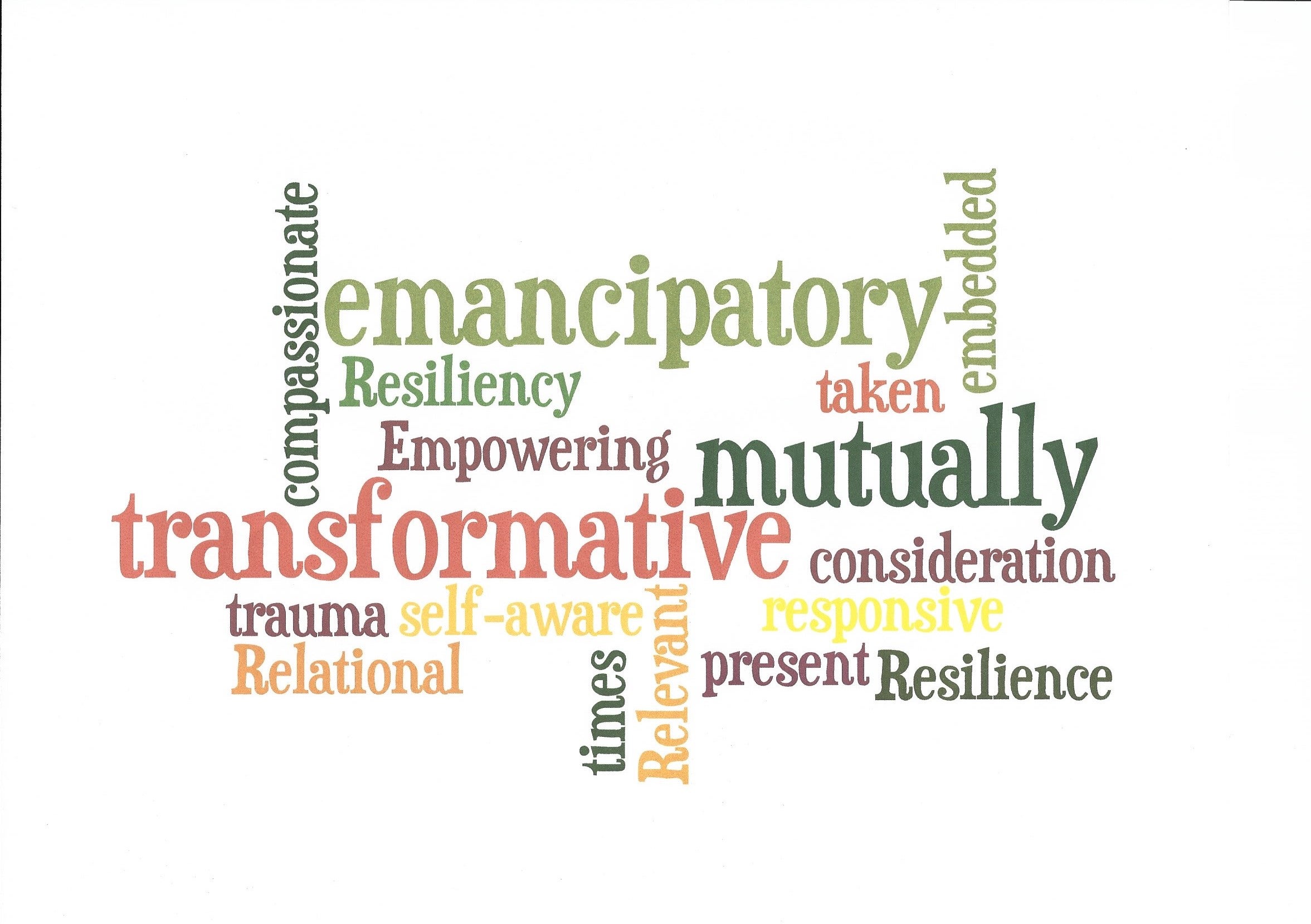
Following the catastrophic outcomes of Hurricane Katrina in the U.S. Gulf Coast area, several members of the CTSR team were deployed to the New Orleans area to provide disaster mental health services to residents and disaster relief personnel. After numerous deployment trips in which we engaged in meaningful dialogue with colleagues in related disciplines (e.g., psychiatry, social work, psychology, etc.), it became clear that issues of historical trauma were correlative to the traumatic stress issues evident among the survivors of Hurricane Katrina in the New Orleans area. We realized that individuals ability to recover was linked to their pre-existing conditions related to their social positioning. In other words, well resourced communities were better able to bounce back than those that were marginalized prior to the disaster. As such, the elderly, children, impoverished families, and communities of color were more likely to have multilayered challenges following Hurricane Katrina. This led us to apply our knowledge about traumatic stress to individuals, families, and communities in disaster-affected areas to explore the interaction between traumatic stress and disasters. We define disasters very broadly, including both natural (e.g., fires, floods, hurricanes, etc.) and human-made disasters (such as terrorism and war).
Central in this exploration of traumatic stress and disasters is a discussion of cultural competence for responders and what works in increasing cultural competence in disaster mental health. For this reason, we offer our model for culture-centered disaster mental health service delivery and share information about our outreach efforts. We hope that this information aids in igniting interest in research and service delivery related to disasters as well as training programs that focus on culture-centered disaster mental health competence.